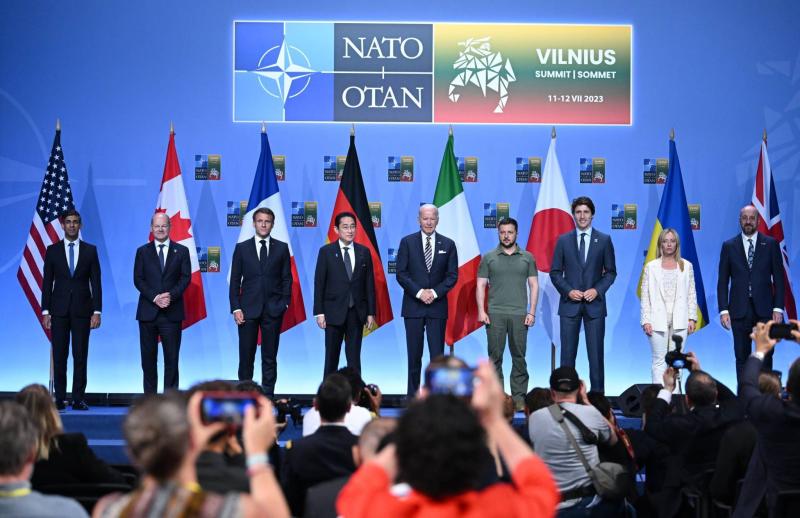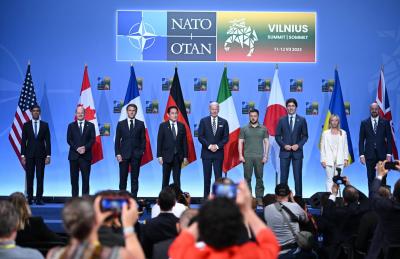On Thursday, G7 leaders condemned the "terrorist attacks" carried out by Hamas against Israel and expressed their "steadfast" support for Ukraine in its ongoing struggle against the Russian invasion. Heightened geopolitical tensions overshadowed the G7 meeting, chaired by Japan, whose initial priorities focused on finding solutions for low-income countries burdened with debt and accelerating the pace of reforms in multilateral development banks.
In a joint statement, the finance ministers and central bank governors of the group unequivocally denounced the recent terrorist attacks by Hamas on Israel and expressed solidarity with the Israeli people. The G7, consisting of the United States, the United Kingdom, France, Germany, Italy, Canada, and Japan, also expressed its intent to impose sanctions and other economic measures against Russia.
G7 officials stated in the announcement, "We remain committed to confronting any attempts to evade or undermine sanctions," adding that they would monitor the effectiveness of enforcing price caps on Russian oil products and take "any necessary and appropriate enforcement measures as warranted."
Referring to efforts made by Europe, G7 members noted that they would explore ways to use the proceeds from frozen Russian assets to aid in the reconstruction of Ukraine. The statement read, "We will explore how to channel any extraordinary revenues held by private entities that directly derive from frozen Russian sovereign assets... to support Ukraine's recovery and reconstruction in accordance with applicable laws."
The meeting, held in Marrakech on the sidelines of the annual International Monetary Fund and World Bank meetings in Morocco, marked the first in-person discussions among G7 finance leaders since the onset of the crisis in the Middle East less than a week ago.




